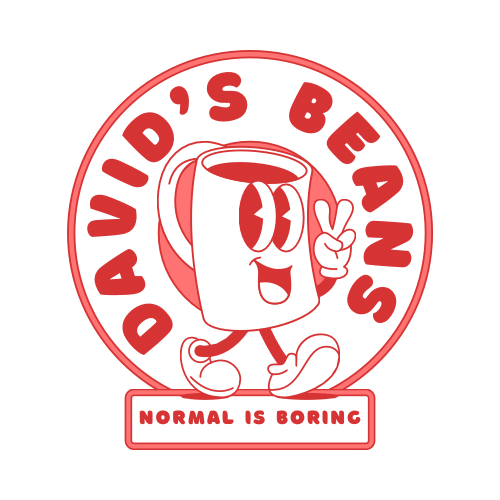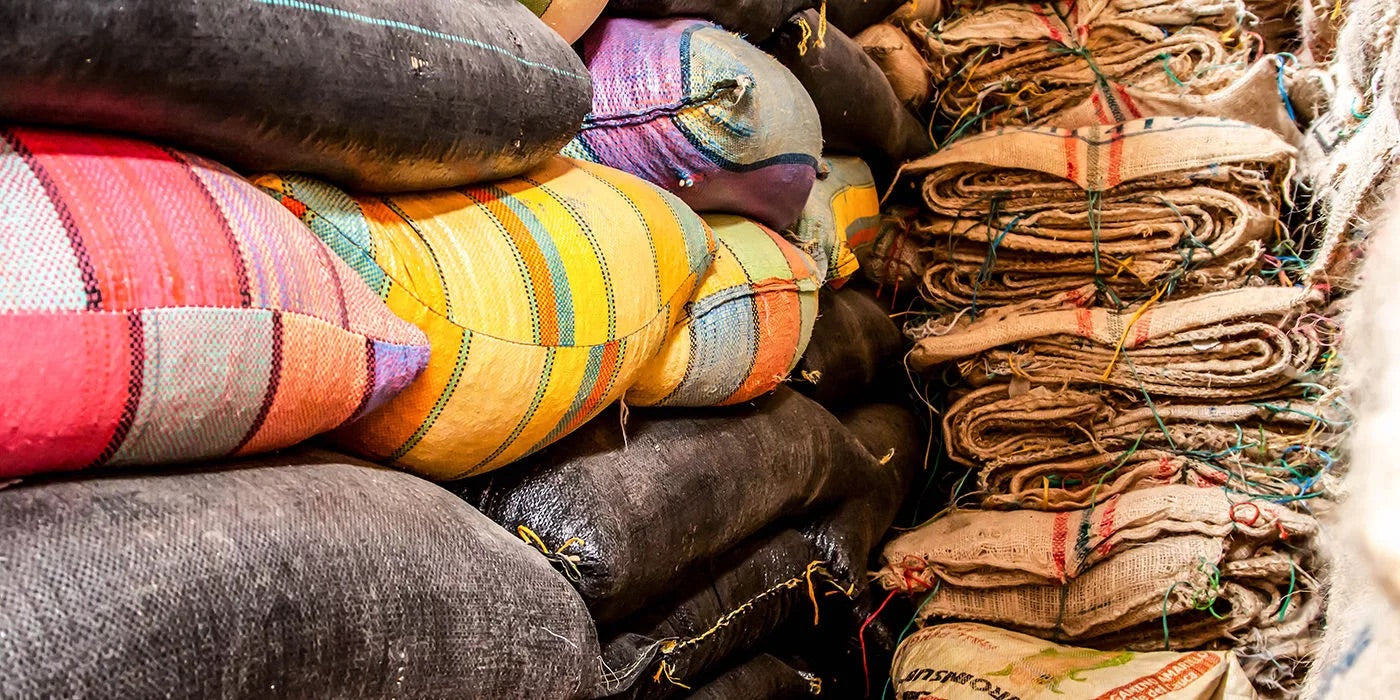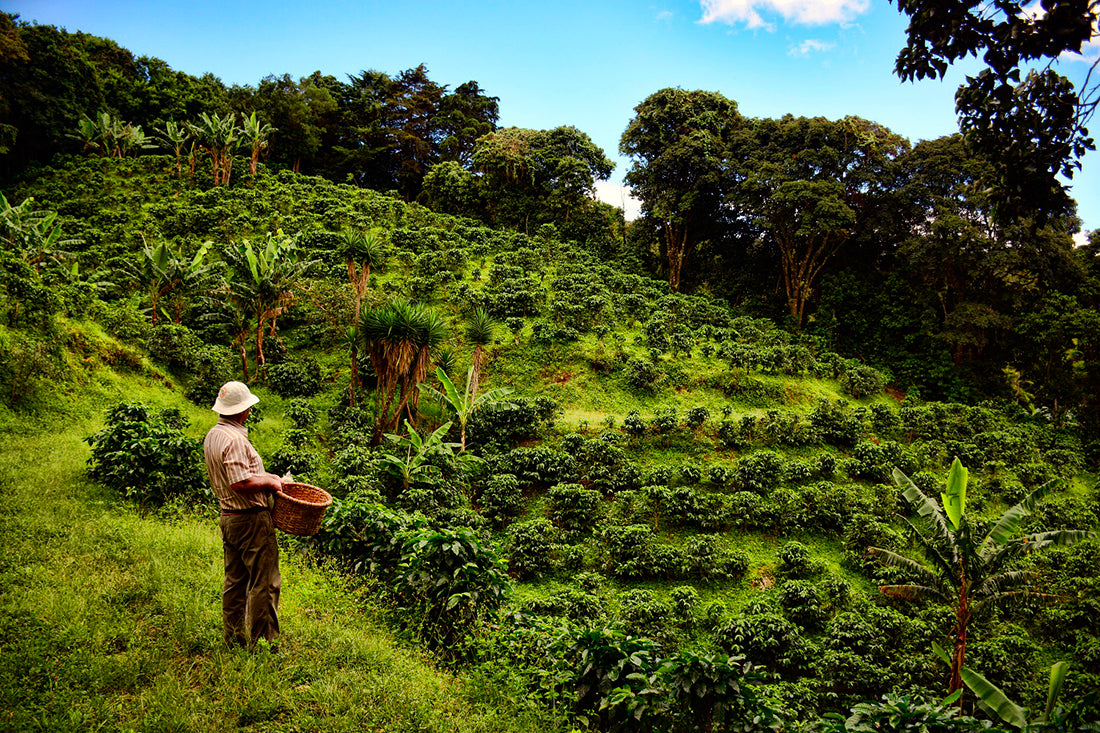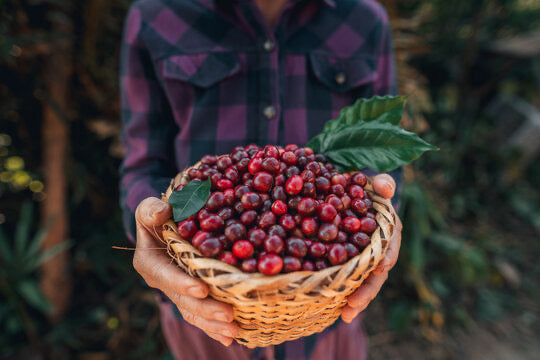FAQ and Troubleshooting
Welcome to David's Beans FAQ and Troubleshooting page! Here, you'll find answers to common questions and solutions to typical issues you might encounter. Our goal is to ensure you have the best coffee experience possible.
Frequently Asked Questions (FAQs) General Questions
1. What is David's Beans?
David's Beans is an e-commerce coffee company founded in 2020, specializing in sustainably and ethically sourced, hand-roasted specialty coffee.
2. Where do you source your coffee beans?
We source our coffee beans from Colombia, Costa Rica, and Honduras, focusing on sustainability and ethical practices.
3. What coffee varieties do you offer?
Our offerings include Colombia Finca La Laguna Reserva, Costa Rica Tarrazu El Canet, Honduras Aldea Capucas, and a Continental Dark Roast.
4. Do you offer subscriptions?
Currently, we do not offer subscription services, but we're always exploring new ways to serve our customers.
5. What payment methods do you accept?
We accept American Express, Apple Pay, Diners Club, Discover, Google Pay, Maestro, Mastercard, Shop Pay, Union Pay, and Visa.
6. How can I contact customer support?
You can reach out to us through the contact form on our website.
Brewing and Flavor Questions
7. How should I store my coffee beans?
Store your beans in an airtight container away from light, heat, and moisture to maintain freshness.
8. What is the best way to brew your coffee?
We recommend experimenting with different brewing methods to find what suits your taste. Our coffee is versatile and works well with French Press, Pour-Over, and Espresso methods.
9. How can I adjust the flavor of my coffee?
You can adjust the grind size, water temperature, and brewing time to highlight different flavor notes.
Troubleshooting Guide Common Brewing Issues
1. Coffee Tastes Too Bitter
- Solution: Reduce brewing time, use cooler water, or try a coarser grind size.
2. Coffee Tastes Too Weak
- Solution: Increase brewing time, use a finer grind, or adjust the coffee-to-water ratio.
3. Inconsistent Flavor
- Solution: Use a scale for precise measurements and maintain consistent brewing methods.
4. Coffee Tastes Stale
- Solution: Ensure proper storage and check the roast date on your package.
Equipment Maintenance
1. How often should I clean my coffee maker?
Descale every 3-6 months and clean removable parts after each use for optimal performance.
2. How do I maintain my grinder?
Regularly clean the burrs and calibrate for consistent grind size.
Additional Support
If you encounter issues not covered here or need further assistance, please contact our customer support team. We're here to help you enjoy the perfect cup of coffee every time!
columbia
The team at CENCOIC Co-Operative have always been incredible to work with. Founded with a link to CRIC, the local community police force in the Cauca Department in the south of Colombia, they’re committed to improving the safety and prosperity of the area after years of guerilla fighting created by the international drug trade.
La Laguna is a collection of twelve families and their individual farms, called collectively the ‘Manantial Association’. Each family looks after their own smallholder farm, including picking, pulping and drying, before grouping together the entire harvest into the Laguna we know and love.
Unlike other farms in the surrounding areas, Laguna is grown almost entirely under shade. Farmers are also strongly encouraged to produce their own fertiliser from natural materials.
The varietals are typical of Colombia as a whole, except for the very special F6 - this is created by selectively breeding the absolute best and biggest Castillo cherries at their peak of six years, for six generations. All coffee is washed, fermented and dried by each farmer, with generally an 18-hour fermentation stage dependent on heat, and then dried for around 15-25 days. We feel very lucky to work so closely with not just an outstanding farm, but a brilliant cause, too.
Costa Rica
Founded in 1960, Tarrazú is now accepted as one of the best groups in Costa Rica, and (incredibly) is still run by farmers. In the last fifteen years, there’s been an increase of 50% in the number of partners that they work with, which has increased production by 70%.
El Canet is a community within the San José region, comprising just 46 producing families with smallholder lots. The cooperative offers farmers terms of credit, technical support, preferential pricing for supplies, and fertiliser created from the waste of multiple farms in the area. Alongside upcycling the discarded coffee pulp into natural fertiliser, the co-operative also provides coffee trees for maintaining crop health, agronomy support, and has an office run entirely on solar panels.
The Tarrazú Region, in the Los Santos Zone, within the San José Province produces around 40% of the national total every year. The vast majority of the farms in this area are grown under shade, allowing for slower ripening of coffee cherries and a greater intensity of flavour and sweetness. The climate and soil composition (sedimentary with some acidity) are ideal for producing exceptional coffee.
Honduras
COCAFELOL is a great example of the good that being a part of a co-operative can do. They’re dedicated and focused on promoting sustainable agricultural practices, which has resulted in the production of a huge amount of natural fertilisers made from coffee husks and natural fungi, which are then given to farms free of charge. The business behind the production and distribution of fertiliser was actually created through the funding provided by the Fairtrade premium.
The Ocotepeque Department is in the west of Honduras, a very mountainous area focussing largely on agriculture. Right on the border with Guatemala and El Salvador, and surrounded by several national parks, it’s a stunning area with perfect conditions for coffee growing.



